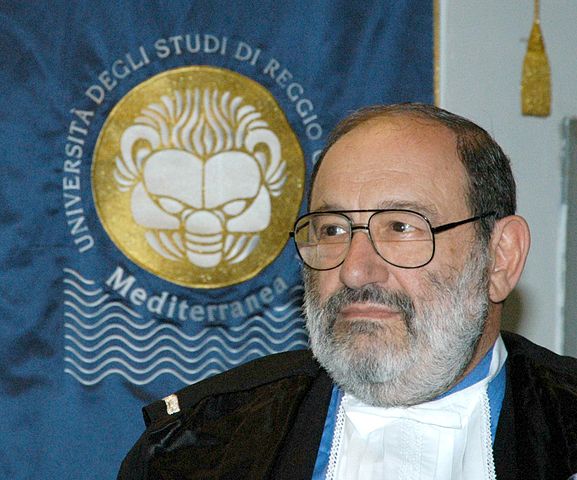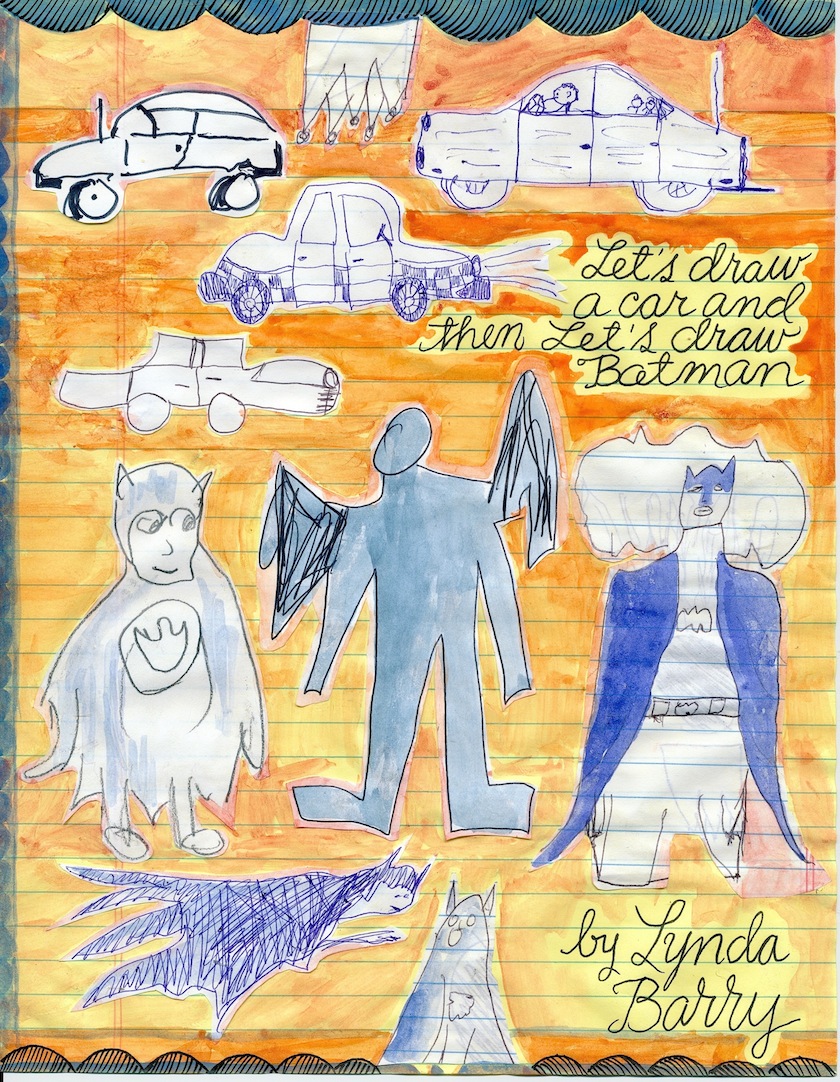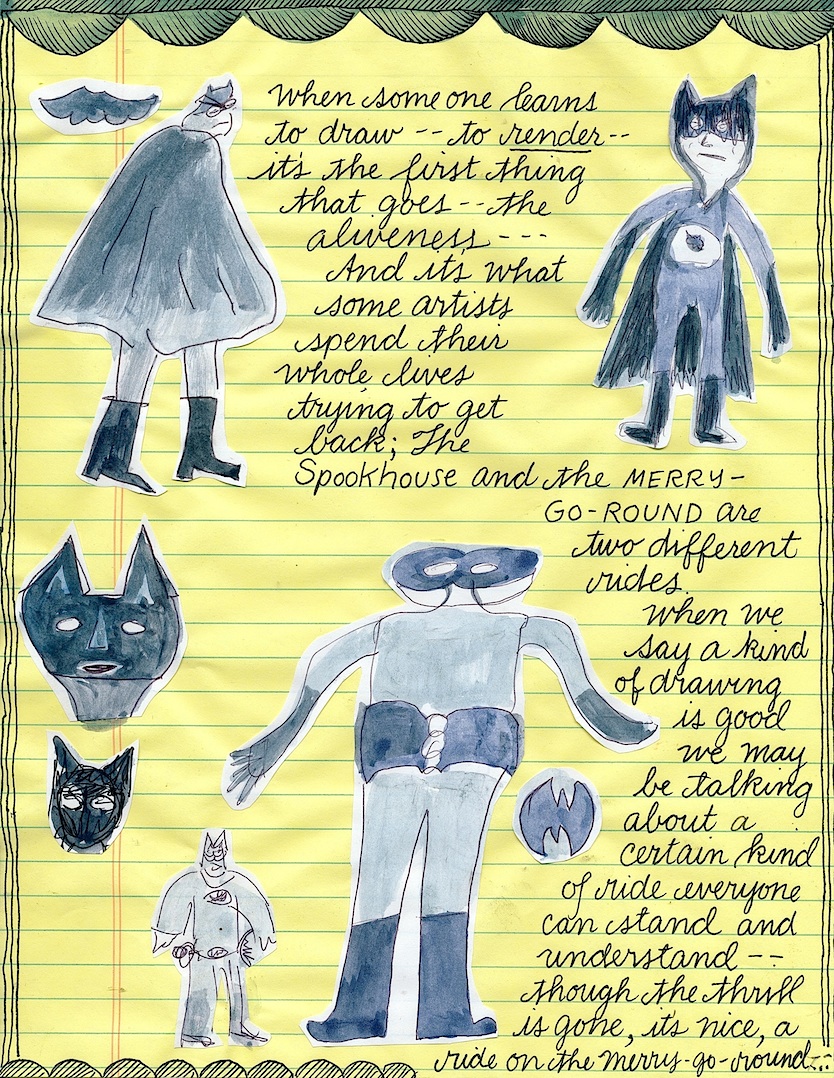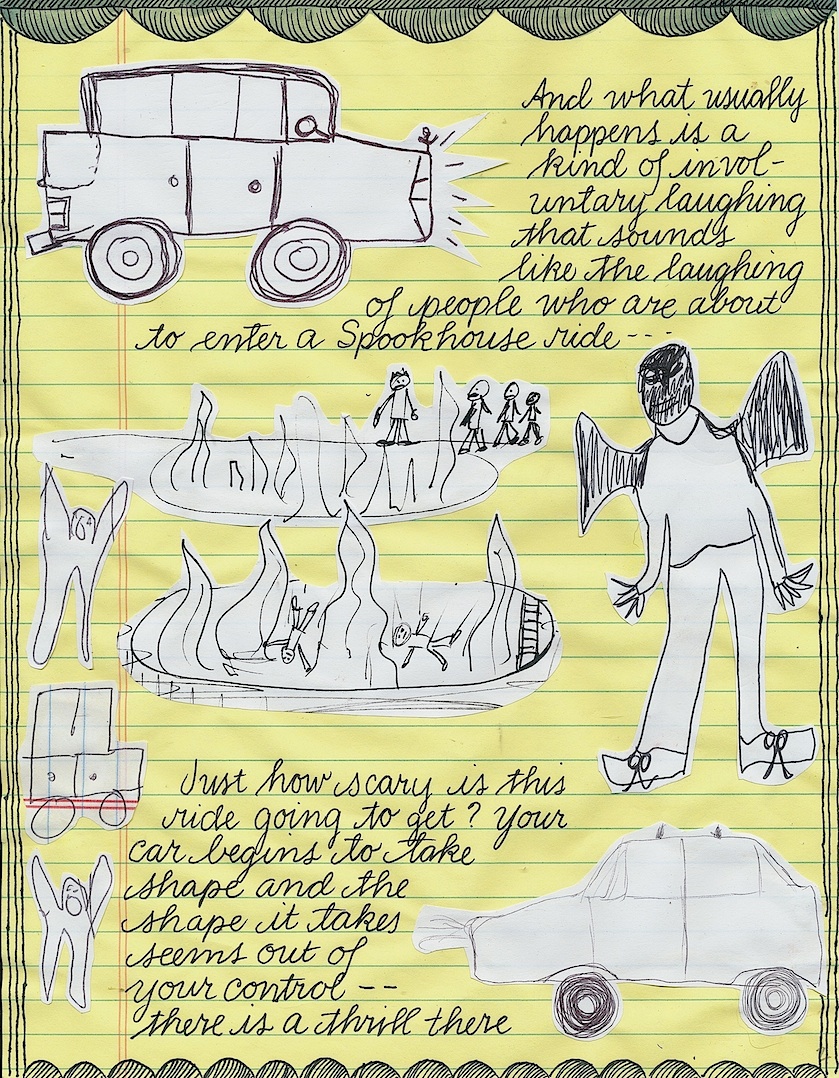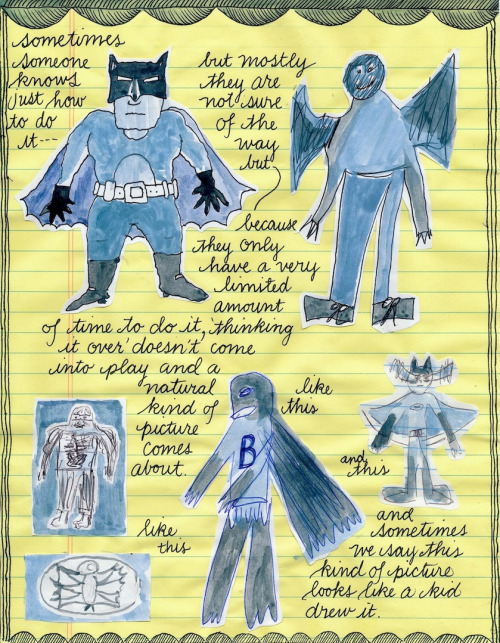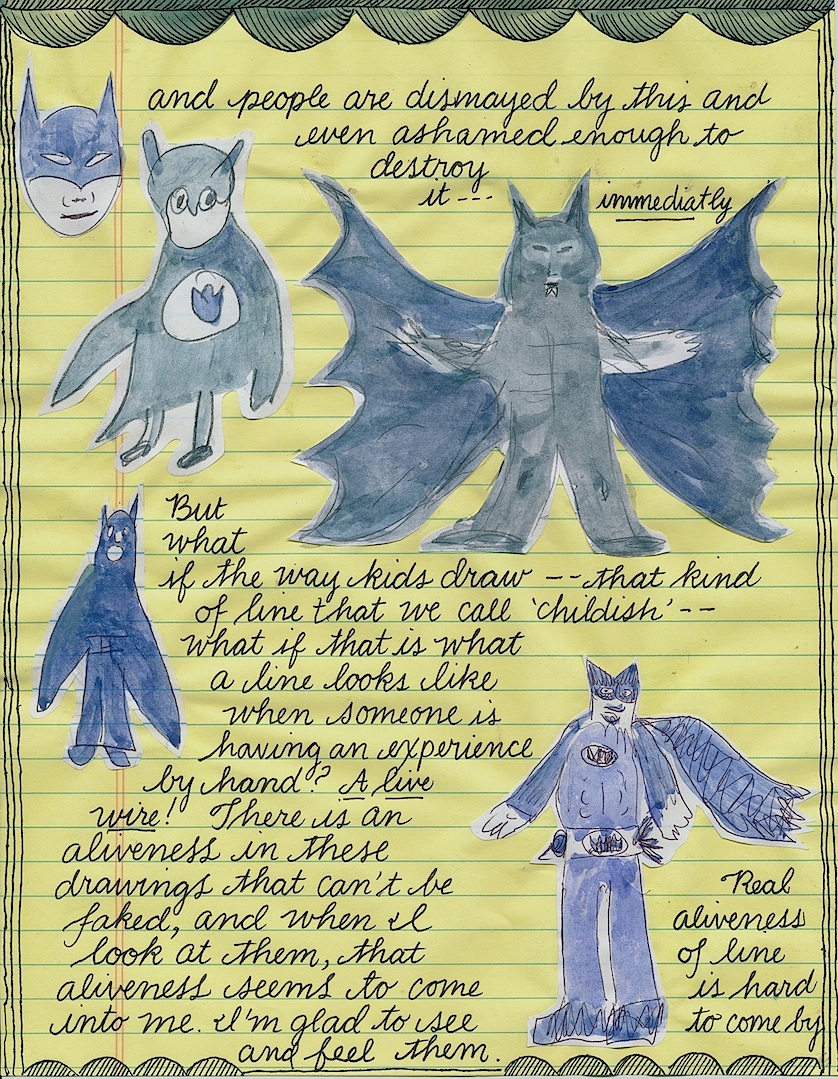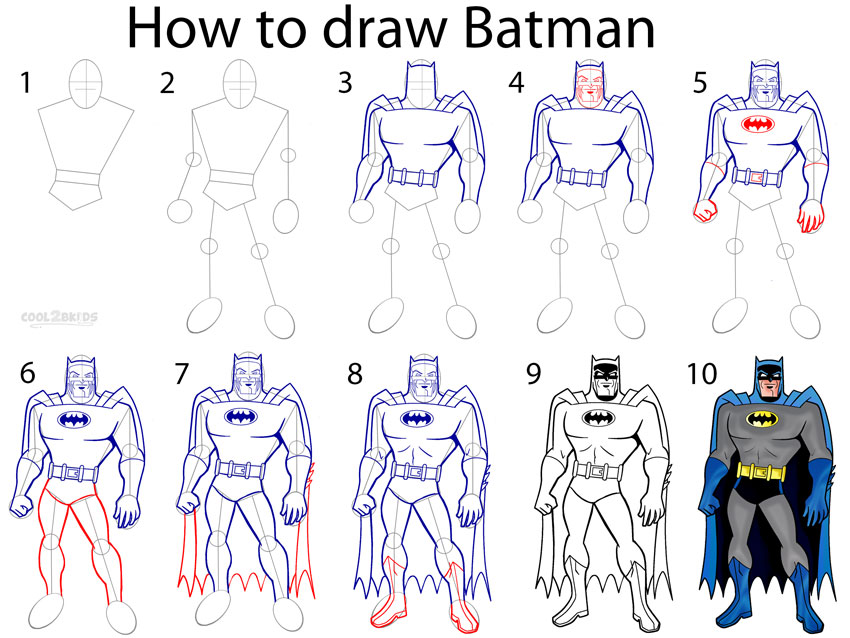Like many people of my generation, I got my first electric guitar as a teenage birthday gift, took a few lessons and learned a few chords, and immediately started a band that bashed out angry punk rock at breakneck speeds. Some of my favorite bands made it seem accessible, and I didn’t have much patience for real musical training on the instrument anyway. Though I’d played brass and strings in school, the guitar had an entirely different mojo. It stood alone, even in a group—primal, wild, and uncomplicated; as Radiohead once observed, anyone can play it.
Well, anyone can play it badly. There wasn’t necessarily anything wrong with the way I learned—it was great fun. But as my musical tastes broadened, so did my desire to play different styles, and years of playing with little formal training meant I had to un- and re-learn a lot of technique, no easy feat without access to a good teacher. Private instruction, however, can be costly and good teachers difficult to come by. Pre-Youtube, that is. These days, anyone can learn to play guitar, from scratch, the right (fun) way, and the wrong (also fun) way, with great teachers, innumerable online mini-tutorials, and some very thorough beginner lessons.
We’ve highlighted a few celebrity lessons here and there, and as far as they go, they’re great ways to pick up some tricks from your favorite musicians. But while people like Paul McCartney and Brian May don’t have a whole lot of time on their hands to make free guitar videos, a number of high quality teachers do, at least as promotional tools for paying gigs. At the top of the post, an instructor named Ravi presents the first ten lessons of his 21-day beginner course, offered on Truefire, an online guitar course service featuring for-pay lessons from such greats as Frank Vignola, David Grissom, and Dweezil Zappa.
This hour-long video functions in and of itself as a complete introductory course that’ll definitely get you started on the instrument. To further help you get the basics down, you can spend hours working through the other free videos here, a “quick start” series offered by Guitarlessons.com and taught by an instructor named Nate Savage. These short videos take you from rudiments like “How to Strum on a Guitar” and “8 Guitar Chords You Must Know” to the slightly more sophisticated but still beginner-worthy “Dominant 7th Blues Chords.” You’ll learn scales and power chords, the bricks and mortar of lead and rhythm playing. You’ll even get a corrective like “7 Mistakes Guitar Players Make,” if, like me, you learned a few things the wrong way, on purpose or otherwise.
Of course mistakes are a necessary part of learning, and often the keys to innovation, so don’t be afraid to make ‘em. But with so much quality, free guitar instruction online, you can also learn techniques that will set you up for success in a variety of different styles. Above, you can watch JustinGuitar’s much-praised videos, which will give you a multipart introduction to playing blues guitar. The key, as with any skill, is practice.
And per the suggestion of our editor, we’re also giving a mention to Guitar Jamz, which features tons of instructional videos that will show you how to play classic songs. In fact, you can find a playlist of 182 easy acoustic songs for beginners right above.
As another, very patient instructor—the host of series “Metal Method”—explains, “learning guitar doesn’t need to be complicated. You don’t need to understand how an internal combustion engine works to drive a car, and you don’t need to understand complex music theory to become an incredible guitarist.” So get to work, guitarists out there, beginners and lifelong students. And please share with us your favorite free online guitar resources in the comments.
Related Content:
The Story of the Guitar: The Complete Three-Part Documentary
Oxford Scientist Explains the Physics of Playing Electric Guitar Solos
The Evolution of the Rock Guitar Solo: 28 Solos, Spanning 50 Years, Played in 6 Fun Minutes
Josh Jones is a writer and musician based in Durham, NC. Follow him at @jdmagness

